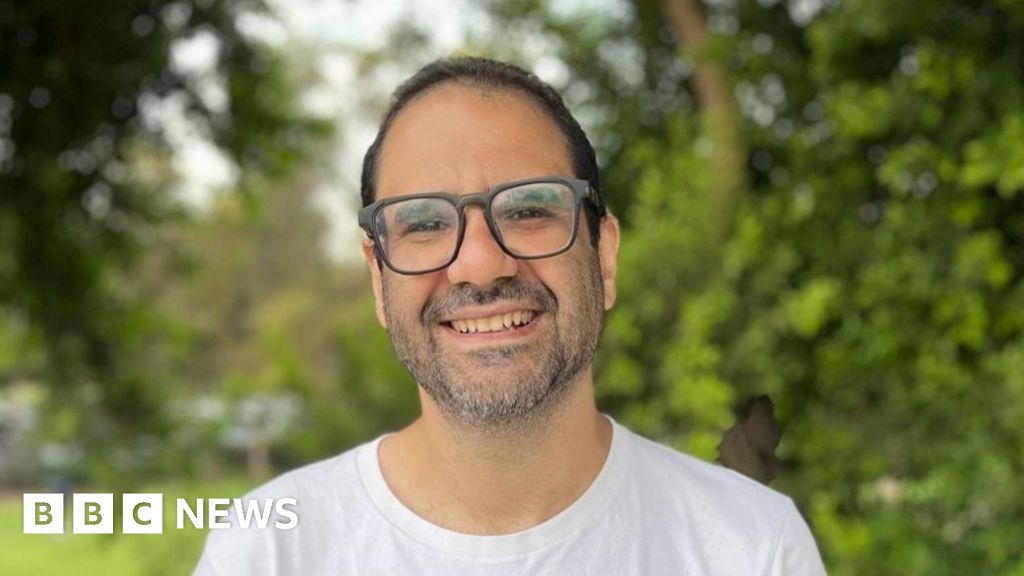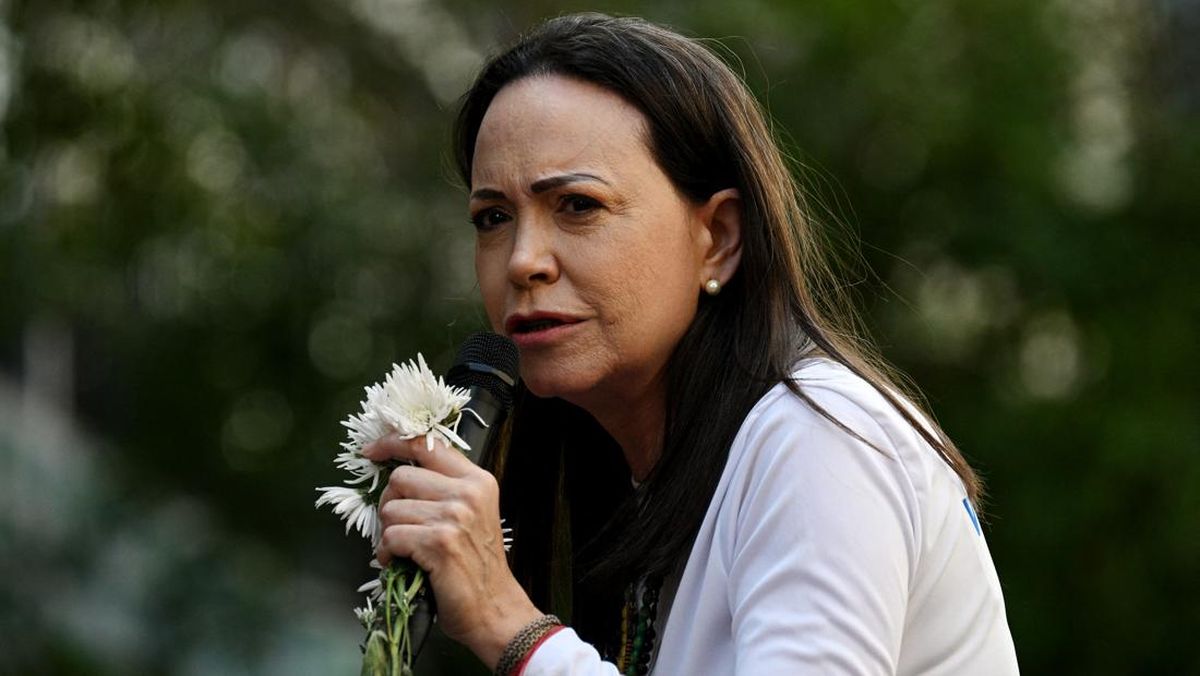I just turned 60 and don’t need the money. Should I still draw from my super?
Opinion
September 14, 2025 — 5.01am
September 14, 2025 — 5.01am
I have recently turned 60 and could draw a pension from my accumulation super fund. However, I receive a generous pension from my defined benefit fund and have substantial savings.
While I understand a pension would be tax-free, I don’t see any benefit in drawing a pension given I don’t need the money, and would pay tax on the earnings generated from the accumulated unused pension payments. Am I missing something?

If you don’t expect to ever need this pool of money, then it will eventually be passed on to the next generation when you are gone.Credit: Dominic Lorrimer
No, you aren’t missing anything. But here is the maths: let’s assume you have $500,000 in accumulation that could be converted into a pension.
Say your fund earned 6 per cent. In accumulation phase, where the tax rate is 15 per cent, that would mean tax payable of $4500. (This is highly simplified. In reality there would be franking credits, CGT discounts, and other items that would impact this.)
If instead you converted to a pension, this tax would be eliminated. However as you note, you would be forced to draw a pension payment each year.
Loading
Assuming a minimum 5 per cent pension drawing (age 65-74), you would have to withdraw $25,000. As you don’t need this, you invest it and again earn 6 per cent. Let’s assume you are on a 30 per cent marginal tax rate. The tax is $450.
Certainly in year one, you are better off having shifted to a pension. But roll this forward several years, with the amount you have outside of super growing, and in time you will be worse off. The 15 per cent tax in the accumulation phase will eventually look very attractive.
You could consider converting to pension and then using the pension payments to make early inheritance gifts. If you don’t expect to ever need this pool of money, then it will eventually be passed on to the next generation when you are gone. Perhaps it could have more impact now.
I’ve read about the transfer balance cap, and it seems straightforward enough for normal super fund holders, but I have defined benefit super with a lifetime pension, so how does that work?
Thanks for your question. You are quite right, it’s not so simple for those with defined benefit pensions when it comes to the transfer balance cap.
As a starting point, your assessment against the transfer balance cap is determined by multiplying your initial annual pension amount by 16. As an example, if you have a pension entitlement of $80,000 per year, then the figure used to assess your position against the transfer balance cap is $1.28 million, being 16 times $80,000.
Where it can get tricky is for those who commenced a pension several years back, and are now looking to shift some more money into super. The normal method for determining how much headroom you have remaining may not apply.
If you are in this camp, speak to your defined benefit super provider. They will be able to provide you accurate information as to where you sit so that you are clear on what room you have left.
Finally, some defined benefit funds are “untaxed”. Whilst this does not alter the methodology for transfer balance cap assessment, it does alter how the income from the defined benefit pension is treated.
The bottom line then is that there is complexity at the point where you start drawing a pension from your defined benefit superannuation. Take some time to ensure you are clear on how it will work. In my experience the defined benefits funds themselves are very helpful, but seek out professional help where required.
Paul Benson is a Certified Financial Planner at Guidance Financial Services. He hosts the Financial Autonomy podcast. Questions to: [email protected]
- Advice given in this article is general in nature and is not intended to influence readers’ decisions about investing or financial products. They should always seek their own professional advice that takes into account their own personal circumstances before making any financial decisions.
Expert tips on how to save, invest and make the most of your money delivered to your inbox every Sunday. Sign up for our Real Money newsletter.
Most Viewed in Money
Loading

















































